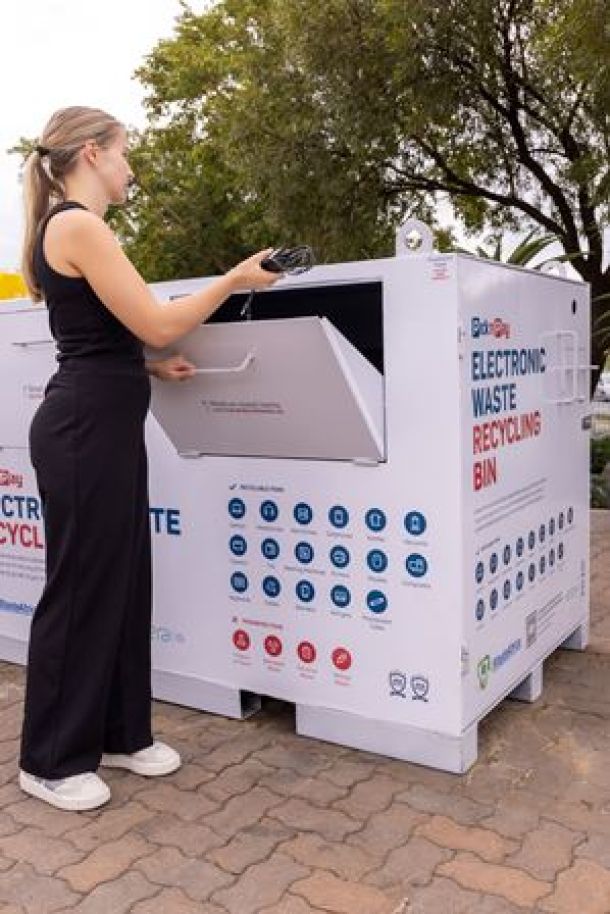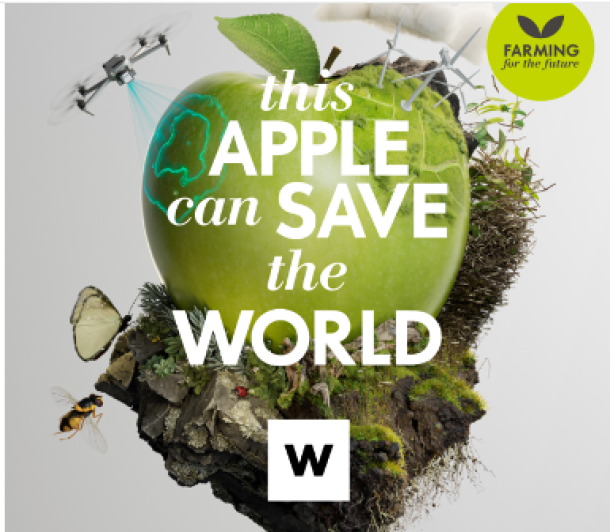Pick n Pay, Shoprite, and Checkers are set for big changes in 2018
The overarching theme for South African retailers in 2018 will be the pace and rate of change they are expected to undergo over the next year.
This is according to Maryla Masojada co-founder and MD of retail business research and analysis firm, Trade Intelligence, who shared her thoughts with Bizcommunity.
“As 2018 begins, we find ourselves in a time where extreme economic pressure and the accelerating rate of technological developments are significantly influencing how consumers and shoppers behave, and shifting the demands made on those who supply or service them.
“We are racing towards a game-changing revolution in how products are made and sold, where and by whom.” she said.
These are the seven biggest ways Masojada expects South African stores to change in the short to medium-term.
Increase in “no-name” and other private brands
Having the cheapest price is increasingly the single biggest factor in the choice of shopping destination, and retailers are responding with innovative mechanisms in the race to demonstrate tangible value to shoppers – from loyalty points to cashbacks, multi-buys and BOGOFs (buy one, get one free), said Masojada.
“The importance of the welfare wallet cannot be underestimated, and certain retailers depend heavily on the flow of social grant monies into the hands of their recipients.
“The acceleration of private label up the priority spectrum, from Shoprite to UMS, Pick n Pay to Jumbo, both as margin generator and competitor differentiator, is a clear expression of the hunt for margin and differentiation in a context of cash-strapped shoppers,” she said.
Improved delivery and collection options
The rise of the small store has significant implications for retail business models, supply chains and brand or product innovations. It is how these multiple drop-off points are cost-effectively served that will influence who wins, said Masojada.
“The concept of ‘Everything under one roof’ will extend even further, with ‘retailer as lifestyle partner’ positioning and shopper experience being used as the drawcards,” she said.
“On the e-tailing front, South African retailers are on the road, with varying degrees of success. The challenge of the last-mile remains the inhibitor, although interesting innovation is underway, from township bicycle deliveries to click-and-collect solutions”.
More next-generation stores with unique technologies
Expect more flagship stores like Checkers Ballito and Pick n Pay Constantia, which emphasise in-store experiences to attract shoppers and drive sales of high-margin lines.
Digital connectivity, augmented reality, virtual reality, artificial intelligence and blockchain technology are rapidly transforming how retailers and manufacturers engage with shoppers, said Masojada.
“Just the advent of scannable barcodes in the store or at home will transform how and from whom shoppers buy, held up only by how fast supply chain infrastructure can cost-effectively respond,” she said.
Moving away from just selling groceries
In the ongoing race to attract and retain the cherry-picking shopper, retailers will continue to expand their lifestyle services whether in healthcare, nutrition, beauty advisory services, parenting support or in hospitality and banking.
“The latter will be further facilitated by the explosion of cybercash, mobile payment technology and digital payment apps – from Woolworths to the informal traders of Durban’s Warwick Triangle,” said Masojada.
Going Green
Previously the domain of the likes of Spar, Pick n Pay, Makro, and Woolworths – sustainability is expected to become more pervasive in SA supermarkets.
“Shoprite, who once stated that ‘we do sustainability when it is profitable’, has now clearly articulated ‘focus on environmental impact’ as one of their eight key strategic focus areas – a clear expression of the recognition of the fact that doing ‘sustainability’ well (and the scope of what that covers) can see significant cost saving and margin-generating benefits,” said Masojada.
Increased focus on local community
Similar to the above move to sustainability, Masojada said that there is likely to be a mindset change as supermarkets begin actively building and investing in their local communities.
“Again, there are those who get it and those who don’t,” she said.
“South African retailers and wholesalers are increasingly prolific in this area, and going forward, community retailing will increasingly underpin retailer and supplier shopper marketing strategy and activities.”
Ethical trading
With the recent Steinhoff debacle, corporate governance and controls will tighten into 2018.
“The positive here is the improvement of accountability, while the negative is the restrictions this places on corporates who need to be light on their feet to effectively compete with independents,” Masojada said.
Read the full article at Bizcommunity, here.
News Category
- International retailers
- On the move
- Awards and achievements
- Legislation
- Wine and liquor
- Africa
- Going green
- Supplier news
- Research tools
- Retailer trading results
- Supply chain
- Innovation and technology
- Economic factors
- Crime and security
- Store Openings
- Marketing and Promotions
- Social Responsibility
- Brand Press Office
Related Articles

Pick n pay upcycles air-conditioning systems, s...

Shoprite Group opens pathways to job opportunit...

Pick n Pay empowers shoppers in the fight again...

Massmart implements early leak detection techno...


